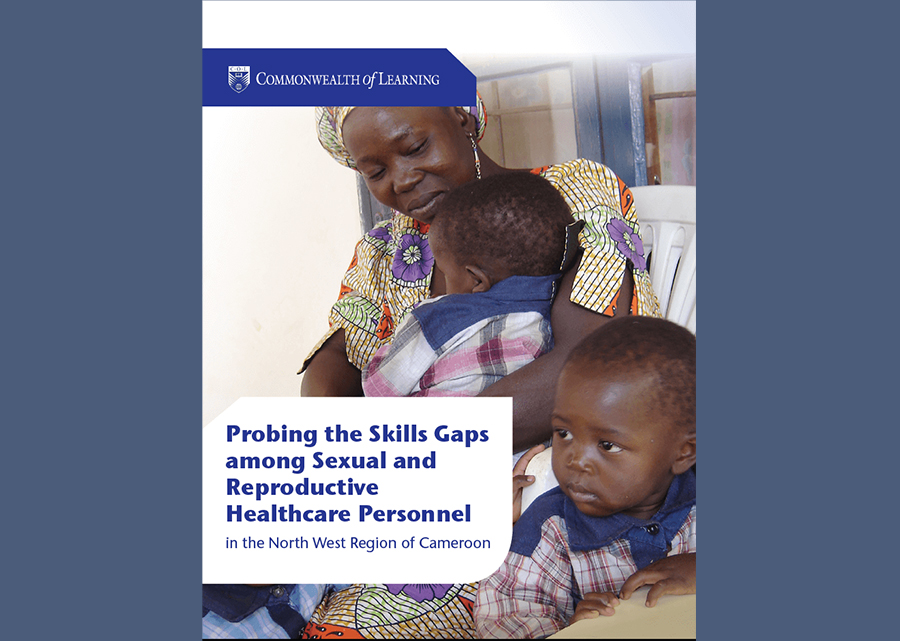
As phase 1 of this project, an extensive study was conducted among nursing and paramedical professionals in Cameroon. In this study, the North-West Region of Cameroon was taken as a case to probe the skills gap among these healthcare professionals. A total of 302 participants was purposefully selected for the study. The sample was drawn from the public, private and faith-based health facilities located in rural, semi-urban and urban areas of the region. The findings of the study identify three major areas where these healthcare professionals lack adequate skills to perform their duties with confidence.
- 50% or more of the participants needs improvement in (i) computer/information technology skills; (ii) research skills; and (iii) leadership development of the specialty. As such, we recommend that these areas be addressed, as a matter of priority, through training and professional development to enable these professionals to deliver better service in the sexual and reproductive healthcare sector.
- 70% of the respondents lack access to a computer at home or at work which can be used for their continuous professional development. The data further suggests that the use of a computer is very limited. In contrast, 71.9% of the respondents have access to a smartphone which could be used for learning purposes. Further 81.1% of the respondents have access to the internet at home or on their smartphone. Based on these results, we recommend that suitable future training and continuous professional development be carried out through mobile based learning.
- The majority of the participants prefer classroom based or work-based training in comparison to online learning or mobile based learning. From this, we identify that there is a need for advocacy, sensitisation and capacity building among nursing and paramedical professionals in terms of self-directed learning using online or mobile based platforms. To address this gap, we recommend capacity building for sexual and reproductive healthcare professionals on technology enabled learning and self-directed learning.
In Phase 2, COL aims to collaborate with the Ministry of Public Health in Cameroon to develop skills among these healthcare professionals to make them into skilled, confident and suitably equipped staff in alignment with the country action plan.


